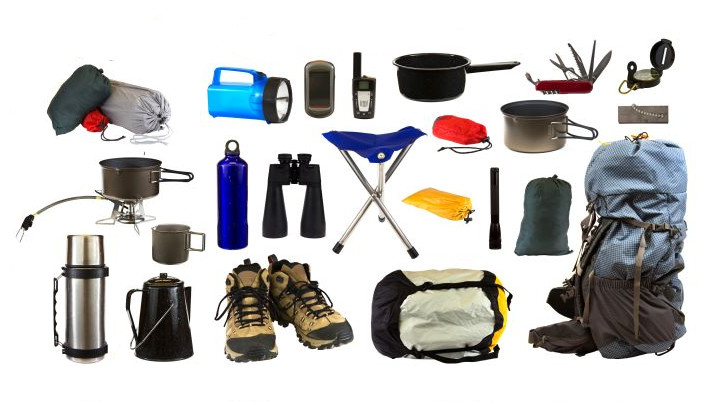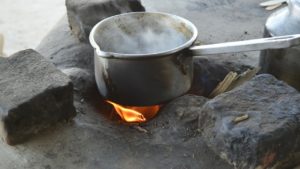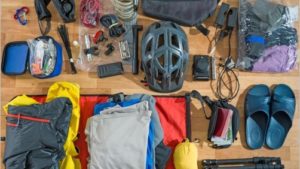Ultralight backpacking equipment is gear especially designed for the weight-conscious backpacker. Even the lightest of packs feels heavy after you’ve dragged it forty kilometers up mountains and down ravines, and it’s important every item you put in there is as light as it could possibly be. So scour the ultralight backpacking equipment catalogues and find you some gear that won’t break your back.
Cut It Where It Counts
What is the most important ultralight backpacking equipment to buy? Well, think first of the bigger, heftier things you like to have with you when out in the bush: your pack, for instance, and your tent. Then what about the sleeping bag and sleeping pad? Those are probably your most ‘expensive’ items in terms of weight, but a camping stove is heavy too, and you probably need something to cook with, unless you travel where open fires are allowed or intend to subsist on granola bars.
Here we’ll look at your heaviest standard backpacking equipment, and see what it turns into when you go ultralight.
Ultralight Backpacking Equipment: What It Looks Like
Your Tent: If you’re going ultralight, switch out your standard tent for a smaller one with an extra-thin ground sheet— or skip the tent altogether and simply use a tarp to keep off any possible rain. If you’d rather sleep fully enclosed and don’t get claustrophobic, you can get a bivy sack instead: it’s like a super-low tent that fits just over your sleeping bag. Talk about no wasted space!
Your Pack: There’s a huge variety in the weight of the backpacks marketed to backpackers, so make sure you buy one that, while it has the structure and size you need, doesn’t put on the extra pounds. Search for ultralight models of backpacks in the size you want, but be aware of a trade-off here too: ultralight models tend to be less durable than their standard-weight counterparts, so don’t go too far in the paperweight, cheesecloth-thin direction.
Your Bag: Expect to pay considerably more for an ultralight sleeping bag, and make sure you check that you’ll be able to sleep in it: light sleeping bags are often considerably narrower than heavier varieties. Make sure you buy a bag rated appropriately for the weather you intend to camp in, as well: in general, a warmer bag weighs more, though if you’ve got the cash to spend you can find ultralight bags rated for very cold temperatures.
Sleeping Pad: If you really want to go ultralight, you may want to chuck the sleeping bag altogether and sleep on the ground, or on a pile of leaves or moss you gather just before bedtime. If you’d like a little more comfort, consider getting a mouth-inflated air pad; it’ll weigh much less than a traditional foam sleeping pad and will provide you a fair bit of night-time comfort.
Camping Stove: Let’s face it, a real stove isn’t all that light, and neither is all that fuel you lug around for it. But how else are you going to cook your dinner, with all those fire-safety laws that prohibit you from making an old-fashioned wooden fire like the old time boy scouts did? Well, a canister stove weighs something, but less than your standard backpacking stove, so there’s one option. Then there are fuel tabs—high density solid fuel—and the little lightweight burners meant for them; a favorite with many ultralight backpackers.
What is your favorite ultralight backpacking equipment, and why?



